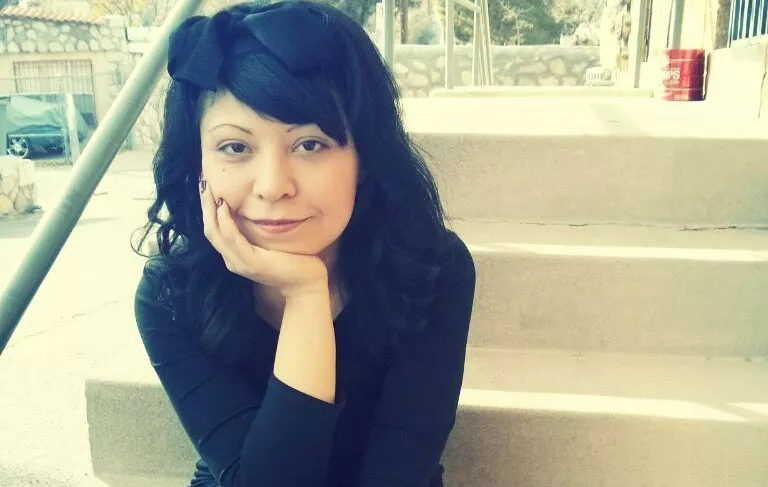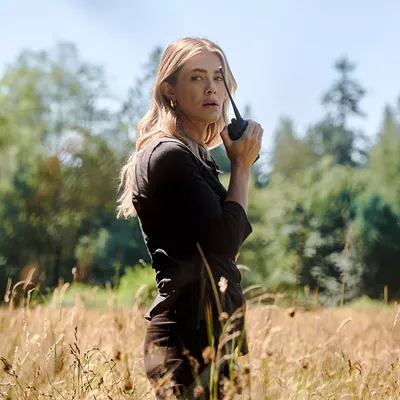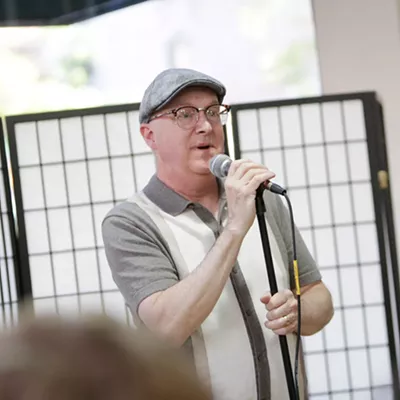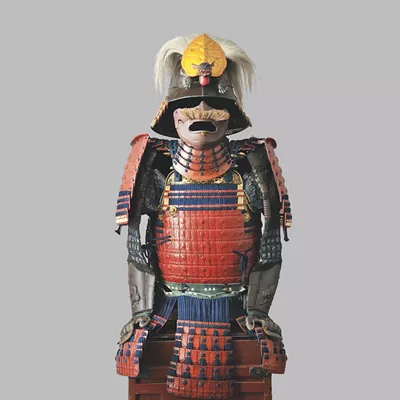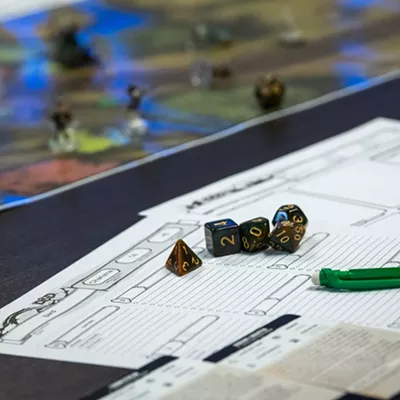Heart Berries shook me to my core. It wasn't just the emotionally jarring, painful experiences shared by author Terese Marie Mailhot, from her youth on an Indian Reservation in British Columbia and her diagnoses of bipolar disorder and PTSD, but also by her unembellished, electric prose. Mailhot has received high praise for the compact collection of deeply personal essays. Fellow writer Sherman Alexie, who wrote the book's introduction, calls her a "world-changing talent," and Heart Berries is named on numerous lists of 2018's most-anticipated books.
Just a day after the book's release, Mailhot stops in Spokane for an engaging and enlightening conversation with Spokane author Sharma Shields about her life, writing career and this new contribution to Native literature. I recently caught up with Mailhot via phone; what follows are highlights from our conversation, edited lightly for length and clarity.
INLANDER: How would you describe the tone and content of Heart Berries?
MAILHOT: I think it's about an experience often not written about; rez life and being a young mother from a nation like mine, and how do you will yourself to break a cycle of dysfunction and do something significant with your talent, and believe you have a talent to begin with. It's a type of story relative to a lot of people — we all come from a space, whether that is from big trauma or little, that shapes us and gives us something to triumph over.
Can you contextualize the opening line of the book, "my story was maltreated?"
I believe like most Native people, when we impart the truth of our life or our story, it's bound to stigmas and stereotypes. We will often tell someone our story or circumstances — a social worker or teacher, or a community member — and that story is maltreated with all of the burden of politics and ideology and stigmas placed against us.
What was the hardest part of Heart Berries for you to write?
I went into a coffee shop and was working on my thesis for graduate school, and I was holding a cup and remembered things that were in the recesses of my mind. I knew there was that moment in the shower with my father, and I knew he hurt me, and I knew I couldn't exact [it] or say it out loud. I wrote down that I could avoid the mysticism of my culture, but I couldn't avoid the truth of it. My people believe that things come to you when you're ready — memories, ideas, stories and songs — and I believe in that moment that I had to write essay [versus fiction], and that this thing happened to me... I wasn't the only one he victimized, but so many other women have lived through this, and the more we speak these stories, the brighter we can be — you bring light to the dark.
What do you hope readers of any background take away from Heart Berries?
I hope that they're pulled into the singular truth of my life and they can recognize that everyone has a singular truth, and that it's a really beautiful thing to offer up to the word and craft themselves. I hope it makes them feel bolder to try and communicate the truth of themselves. I hope it makes them feel like there is nothing they can't say — there is nothing they can't do — there really isn't anything too ugly for this world, and whatever kind of thing you felt ashamed about, there is something redeemable about your experience to impart with the world or to communicate.♦
Heart Berries Memoir Release with Terese Marie Mailhot • Wed, Feb. 7 at 7 pm • Free • Auntie's Bookstore • 402 W. Main • auntiesbooks.com • 838-0206

